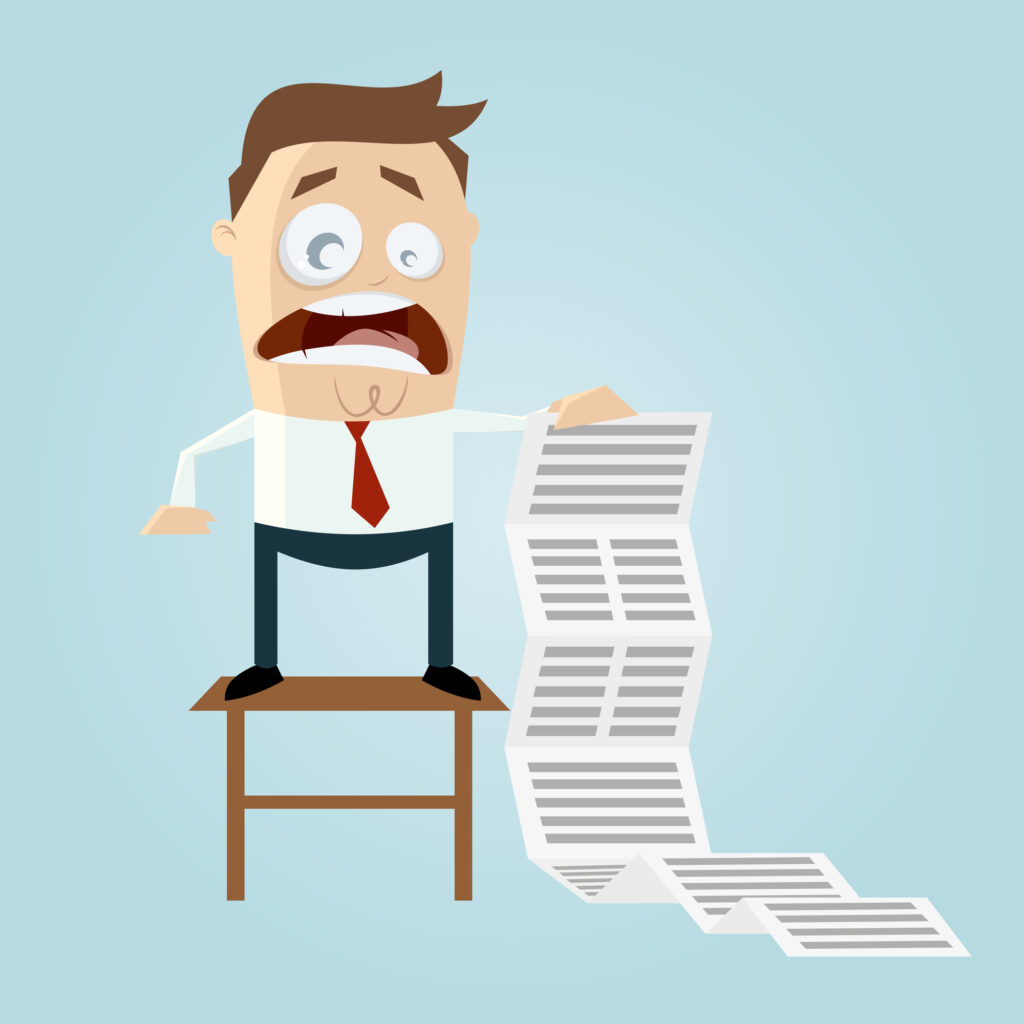What is Depression?
If you Google “what is depression” or “understand depression”, expect to be disappointed. You will get little insight or overarching wisdom. In fact, you will find little more than long lists of symptoms that make no sense.

Depression Symptoms – a list that makes sense
Lists have their place and they are certainly useful for the weekly shop. But what if you are trying to understand depression and to know what depression is? And all you can find is lists of symptoms and nothing much else? Well, brace yourself because that is pretty well all there is. This is not just disappointing; given the depression epidemic we are enduring. It is a humiliation for the medical authorities who have set themselves up to deal with the epidemic.
I have looked at a number of these lists of symptoms. What I have done is to organise a representative selection into six groupings. Then, I have shown how these six groupings fit together in terms of the human givens depression understanding.
The result is a comprehensive understanding of what is depression that will make sense to you at last.
My sources for the representative list of depression symptoms were the NHS, the Mayo Clinic, Boots and Retail Trust.
But first be reminded again what a depression is about, according to the Human Givens
It is the utter exhaustion of the mind – where worries multiply and cannot be controlled or relieved and where rest and relief appear impossible, however hard you try. And by God you are trying.
And the apparent impossibility of any rest and recovery fuels the worry and so exhaustion takes over until for some it can be unendurable.
Dreams are a central means by which exhaustions sets in.
All depressed people dream a lot as they attempt unsuccessfully to clear all the ruminations and worries of the previous day. Excessive dreaming fires off the orientation response and so when we wake up in the morning our attention energy store is empty.
Human Givens official depression explanation
Twenty two Depression Symptoms – the definitive list and organised (by me) into six groups
Feelings
1. Low mood – miserable, sad and empty
2. Tense, agitated or irritated, often at the smallest things
3. Crying a lot
This is the obvious and well documented response to feeling exhausted – dreaming too much, being tired and not knowing what to do about it
Thoughts
4. Thinking being failure and helpless, guilty and a burden
5. Believing that life is not worth living or is passing you by
6. Loss of interest or pleasure in most activities, such as sex, hobbies or sports
Bad thoughts then kick in – as you try to make sense of the situation. Of course as exhaustion increases, most of these thoughts just make the situation worse.
Life
7. Not doing well at work
8. Fewer social activities
9. Avoiding people, distancing yourself and feeling alone
10. Neglecting hobbies
11. The smallest tasks seem too much
12. Home and family difficulties
Your life then begins to unravel further because you do not have the resources and confidence to cope. This adds to worries.
Body
13. Sleep disturbances, including insomnia or sleeping too much or waking up early
14. Enduring physical aches and pains which appear to have no physical cause.
15. Unable to focus on tasks, to concentrate, to make decisions or to remember
In many ways this is the key group – but in all the lists of symptoms I have seen, these are just thrown in somewhere down the bottom. If you are engaged in too much dreaming, then deep wave sleep is insufficient and this causes physical and concentration problems.
Rumination
16. Being preoccupied with negative thoughts
17. Fixating on past failures or blaming yourself for things that aren’t your responsibility
18. Losing self confidence, with a pessimistic view of the future
19. Spending a lot of time thinking about what has gone wrong, what will go wrong or what is wrong about you as a person.
20. Thoughts of suicide or self harming becoming dominant
Rumination is fed by all the previous groups and so the self feeding just gets worse. I call this the Depression Vicious Cycle.
Behaviours
21. Changes in appetite — often reduced appetite and weight loss, but increased cravings for food and weight gain in some people
22. Increasing addictive and dangerous behaviours – not caring and looking for relief
For some, these are the desperate consequences as they just do their best to cope.
It turns out to be quite easy to make sense of all those depression symptoms – if, and it is a big if – you actually know what is depression in the first place.
What is Depression
How may I help you?
What is Depression
Take the Test
Free 30 min Human Givens Consultation